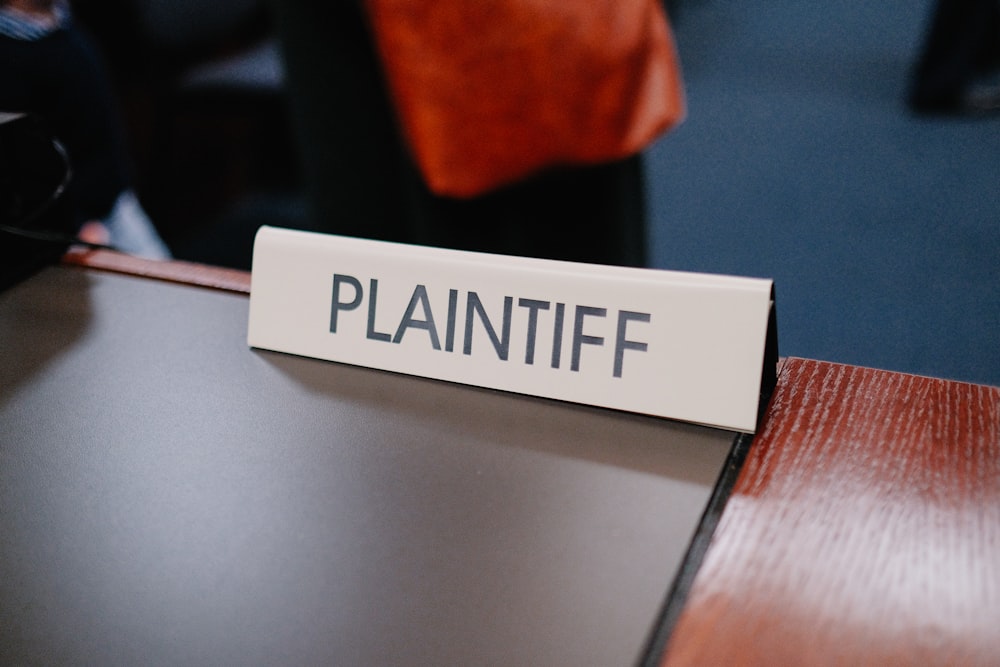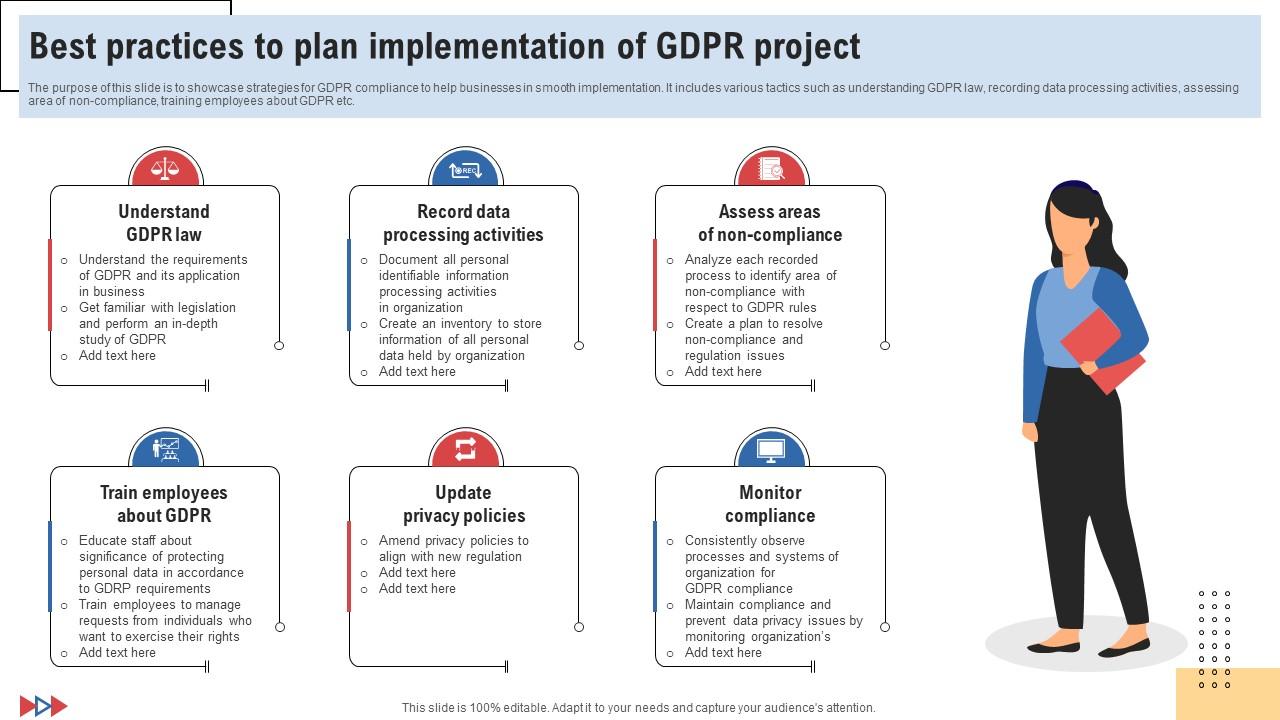
Cohabitation Agreement Lawyers Protect Your Rights Today
Expert Legal Guidance for Cohabitation Agreements
Cohabitation, once considered unconventional, has become increasingly common in modern society. More couples are choosing to live together without marriage, sharing their lives and assets. While cohabitation offers many benefits, it also presents unique legal challenges, particularly in the absence of a formal marriage contract. Cohabitation agreement lawyers play a crucial role in safeguarding the rights and interests of cohabiting couples. Here’s why seeking legal guidance in establishing a cohabitation agreement is essential.
Understanding Cohabitation Agreements
A cohabitation agreement is a legal document that outlines the rights and responsibilities of unmarried couples living together. It covers various aspects, including property ownership, financial obligations, and the division of assets in the event of separation. Unlike marriage, cohabitation does not come with automatic legal protections. Therefore, having a well-drafted cohabitation agreement is essential for clarifying each partner’s rights and ensuring fair treatment in the event of a breakup.
Protecting Your Assets
One of the primary purposes of a cohabitation agreement is to protect the assets of each partner. Without a formal agreement in place, determining ownership of shared property can be complex and contentious in the event of a separation. Cohabitation agreement lawyers help couples establish clear guidelines regarding property ownership, including assets acquired before and during the relationship. By outlining each partner’s rights and contributions, the agreement minimizes disputes and provides clarity in asset division proceedings.
Clarifying Financial Responsibilities
Financial issues are a common source of conflict in relationships, especially when couples live together without a clear understanding of their financial obligations. A cohabitation agreement allows partners to define their financial responsibilities, including expenses such as rent, utilities, and household bills. It also addresses issues such as joint bank accounts, debt management, and financial support arrangements. With the guidance of experienced lawyers, couples can create a comprehensive agreement that reflects their financial intentions and expectations.
Ensuring Fairness in Separation
While no couple enters a cohabitation agreement with the expectation of separation, it’s essential to plan for all eventualities. In the unfortunate event that the relationship ends, a well-crafted agreement provides a framework for resolving disputes and dividing assets fairly. Cohabitation agreement lawyers assist couples in drafting provisions for asset division, spousal support, and other matters to ensure that both parties are treated equitably during a breakup. By addressing these issues proactively, couples can avoid lengthy and costly legal battles down the road.
Navigating Complex Legal Issues
Cohabitation agreements involve intricate legal considerations, and navigating them without expert guidance can be challenging. Cohabitation agreement lawyers have the knowledge and experience to address complex legal issues and draft agreements that comply with state laws. They can also provide valuable advice on additional provisions to include in the agreement, such as custody arrangements for pets, dispute resolution mechanisms, and provisions for changing circumstances like marriage or the birth of children.
Tailoring Agreements to Your Needs
Every couple’s situation is unique, and a one-size-fits-all approach to cohabitation agreements may not suffice. Cohabitation agreement lawyers understand the importance of personalized solutions and work closely with clients to tailor agreements to their specific needs and circumstances. Whether you’re entering a new relationship or have been cohabiting for years, legal professionals can help you create an agreement that reflects your values, priorities, and future goals.
Final Thoughts
Cohabitation agreements offer unmarried couples the opportunity to establish clear rights and responsibilities, protect their assets, and plan for the future. With the guidance of experienced cohabitation agreement lawyers, couples can navigate the complexities of these legal documents with confidence. By addressing key issues upfront and creating a comprehensive agreement, couples can protect their interests and ensure peace of mind as they build a life together.
Read more about cohabitation agreement solicitors











